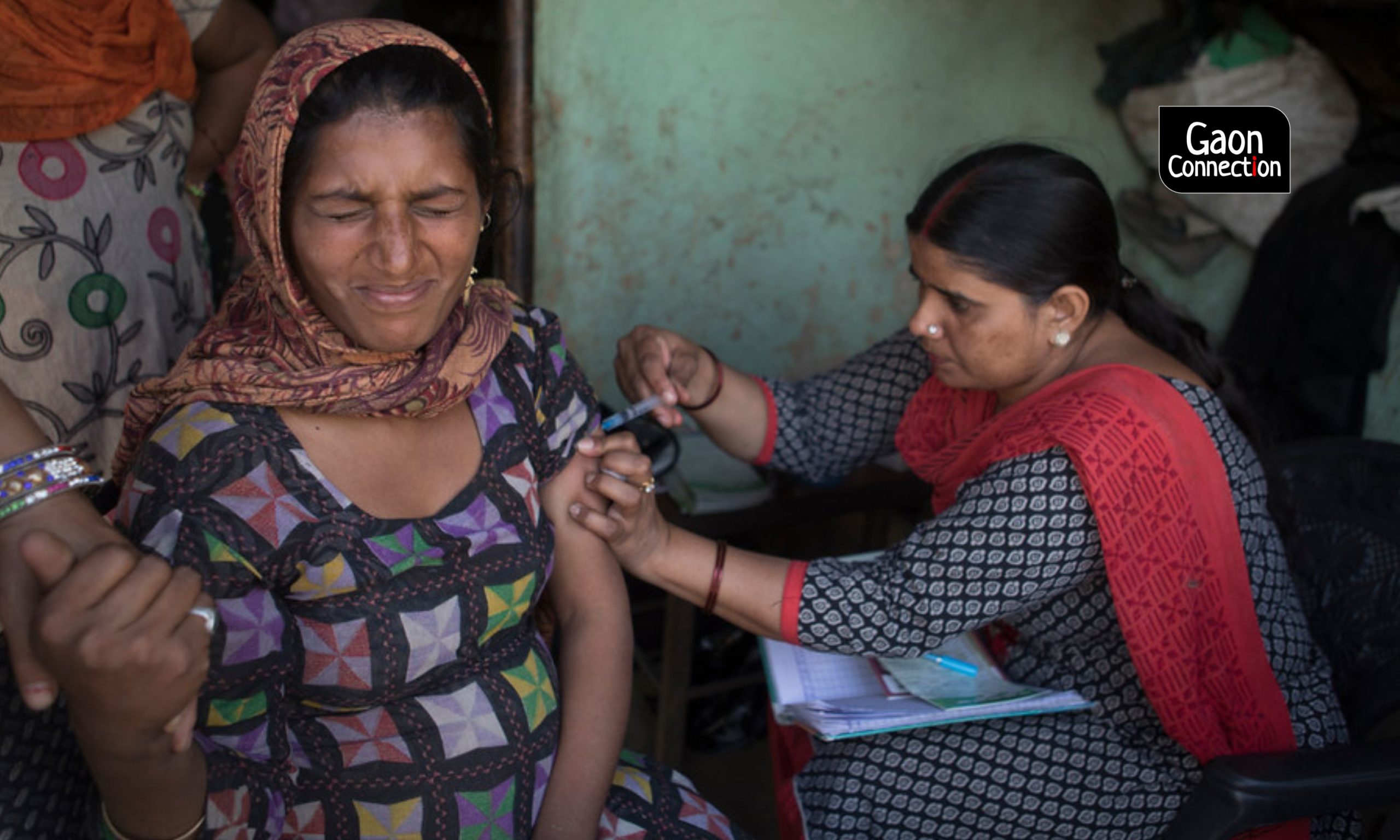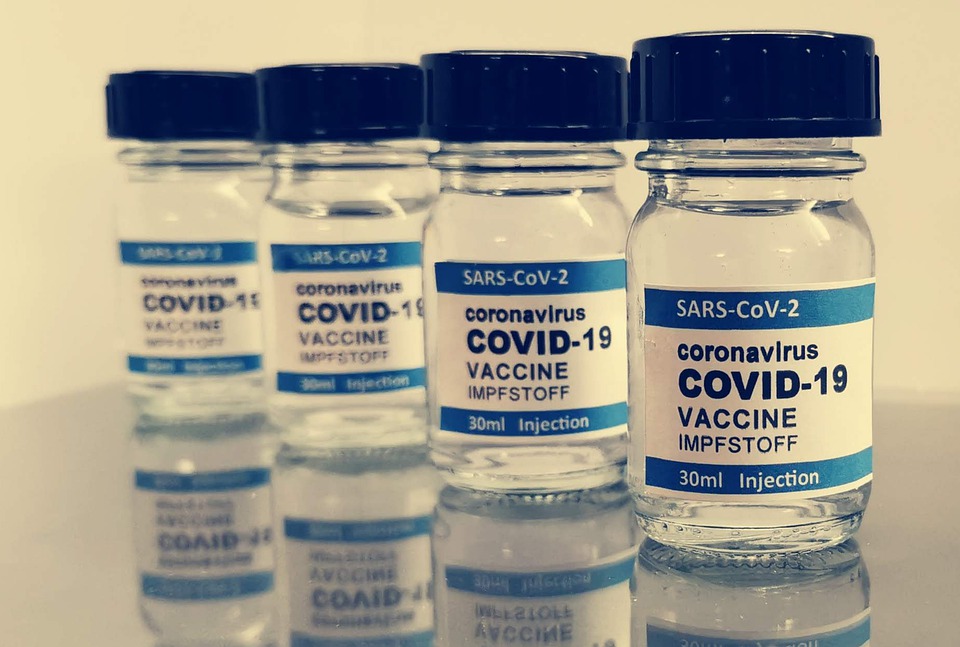Vaccination policy requires “no interference” from Supreme Court, is in adherence to the Constitution: Centre to SC
The Centre has responded to the Supreme Court’s direction that asked it to reconsider its vaccination policy in order to ensure that it is in adherence to the Constitution. The Centre has stated that the policy is constitutional and doesn’t require interference by the apex court.


The Centre also stated that those citizens who can afford to pay will go to private hospitals for vaccination.
A week after the Supreme Court directed the Central government to reconsider its COVID19 vaccination policy, the Centre replied today (May 10) that the policy doesn’t require any interference by the apex court.
In an affidavit submitted to the top court, the Centre stated that the policy was “just, equitable, non-discriminatory and based upon an intelligible differentiating factor between the two age groups”.
The “policy thus, conforms to mandate of Article 14 and Article 21 of the Constitution of India and is made after several rounds of consultation and discussion with experts, State Government and vaccine manufacturers…” the affidavit added.
Also Read: Supreme Court directs the Centre to rethink its vaccine policy to be in line with the Constitution
On May 2, the Supreme Court, as part of its suo motu proceedings on the COVID19 situation in the country, had stated that the Centre’s vaccine policy has been framed in a manner that would prima facie result in a detriment to the right to public health which is an integral element of Article 21 of the Constitution

“Therefore, we believe that the Central Government should consider revisiting its current vaccine policy to ensure that it withstands the scrutiny of Articles 14 and Article 21 of the Constitution,” the apex court had said.
In the affidavit the Centre also responded to the apex court’s comment about how the populations without digital connectivity register themselves on the COWIN application.
“For citizens who have no access to COWIN app, Common Service Centres at grassroot levels will give assistance. Such a person without digital access can also take help from friends, family, NGOs and Common Service Centres for COWIN registration,” the Centre replied.
Advocating its decision to involve the private sector in the mass vaccination exercise, the Central government stated that the selling of vaccines through private enterprises will reduce the operational stress on government facilities.
It added that those citizens who can afford to pay will go to private hospitals for vaccination.

On the issue of differential pricing of the vaccines, the Central government stated that the price factor of vaccines will not have any impact on the ultimate beneficiary, as all state governments have declared their policy of free vaccination.
Two vaccine manufacturers, Bharat Biotech and Serum Institute of India, whose Covishield and Covaxin vaccines respectively are being administered to citizens across India as part of the COVID19 vaccination drive, had recently announced prices of their vaccines.
On April 24, Bharat Biotech International Ltd announced that “following the directives of the Government of India”, the price of Covaxin, India’s first indigenous COVID-19 vaccine, will be Rs 600 per dose for state governments and Rs 1,200 per dose for private hospitals. The same would be exported at $15-$20 per dose. Meanwhile the same vaccine is being supplied to the central government at Rs 150 per dose, which the Indian government is distributing free of cost.
On April 21, Serum Institute of India Pvt Ltd had also announced the price of its Covishield vaccine. Covishield would be sold to the state governments for Rs 400 per dose (now reduced to Rs 300 per dose) and to the private hospitals for Rs 600 per dose.
Also Read: Centre asks Serum Institute, Bharat Biotech to lower the prices of COVID19 vaccines
On April 26, the Indian government asked Serum Institute of India and Bharat Biotech to lower the prices of their vaccines.

